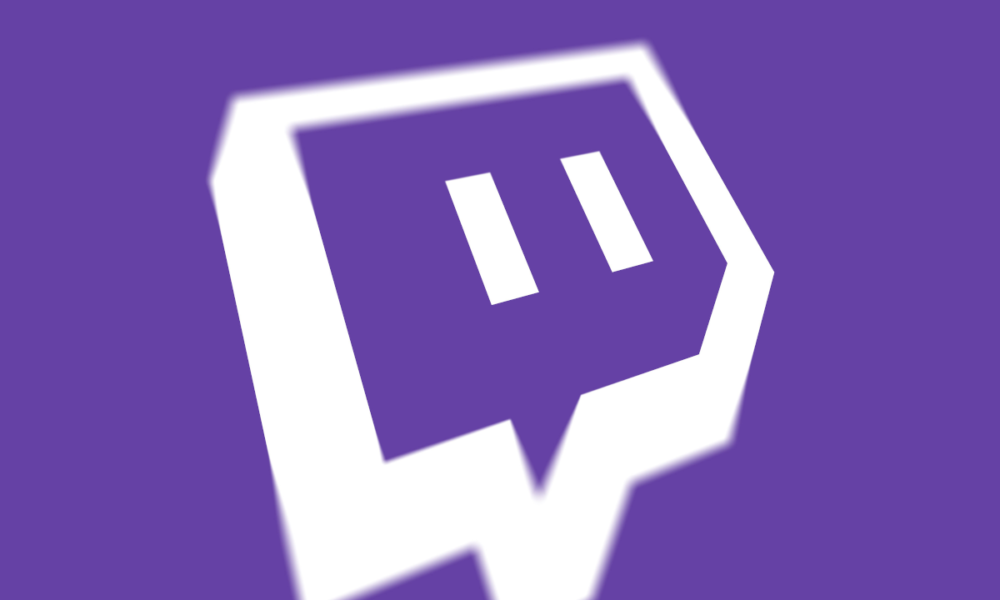Twitch, the stream-anything platform owned by Amazon, is known primarily for its live video game content but it does have several other features tucked away, namely, video-on-demand (VOD), clips, and several other forms of pre-recorded content. Obviously, these are useful for people who weren’t able to catch the original stream but still want to keep up with a streamer’s activities.
Squid Game
Unfortunately, Twitch recently announced that the ability to make all this extra content will be removed from its South Korean website at the beginning of 2023, a decision that will turn Twitch into a live-only service in the country. While the reasoning for this is not absolutely clear just yet, it seems to have something to do with how the South Korean government treats the distribution of recorded video and audio.

Source: Pexels
Of course, as is customary with announcements of this kind, there’s a lot of speculation doing the rounds on social media, too. Influencing the debate is the fact that South Korea’s ISPs aren’t too fond of streaming platforms that eat all their bandwidth. A recent example involves the hit TV show Squid Game, which caused so much chaos it prompted local supplier SK Broadband to ask for some compensation from Netflix.
This is all part of an evolving problem for streaming platforms in South Korea. Back in the Spring, YouTube publicly stamped its feet in response to the Korean parliament’s plans to levy a tax on content providers that consume large amounts of bandwidth. This could affect just about every major tech firm operating in the country, including Amazon, Apple, Google, Netflix, and Disney.
Live Gaming
The obvious question that needs answering is, could this happen in other parts of the world? The answer is yes. Almost all content providers have evolved to the point of requiring lots of data for their services. For instance, the gaming industry has been trialling cloud services like Nvidia’s GeForce Now and the recently abandoned Google Stadia, which used up to 20GB/hr for its 4K Pro version.

Source: Pexels
Similarly, live gaming, an invention of the casino industry, requires that players can stream a webcam feed to play their games with a human dealer. This kind of experience accompanied the New Jersey casino launch of PlayStar, which now offers blackjack, roulette, and even gameshows in this format. These games don’t produce as significant a bandwidth load as Stadia but they’re still evidence that the data requirements for entertainment are increasing.
Due to new rules like GDPR, Europe could provide another testbed for limits on VOD, especially if the impetus is a privacy concern. This is unlikely, though. In the same hypothetical scenario, the United States is a much more probable victim of ISPs’ disdain for streaming of all kinds, given the bargaining power of firms like Verizon. Taxes do already exist on Netflix and co. in the US but this is actually intended to subsidise struggling cable companies rather than ISPs.
At this stage, it’s unknown how Korea’s heavy-handed approach to VOD content will affect Twitch in the future. For now, though, viewers need sure they turn up for streams on time.








![[Rumour] Tales of Xillia Remastered appears in some retailers](https://vgleaks.com/wp-content/uploads/2024/07/Tales_of_Xillia_Test_Screenshots_30-pc-games-150x150.jpg)









